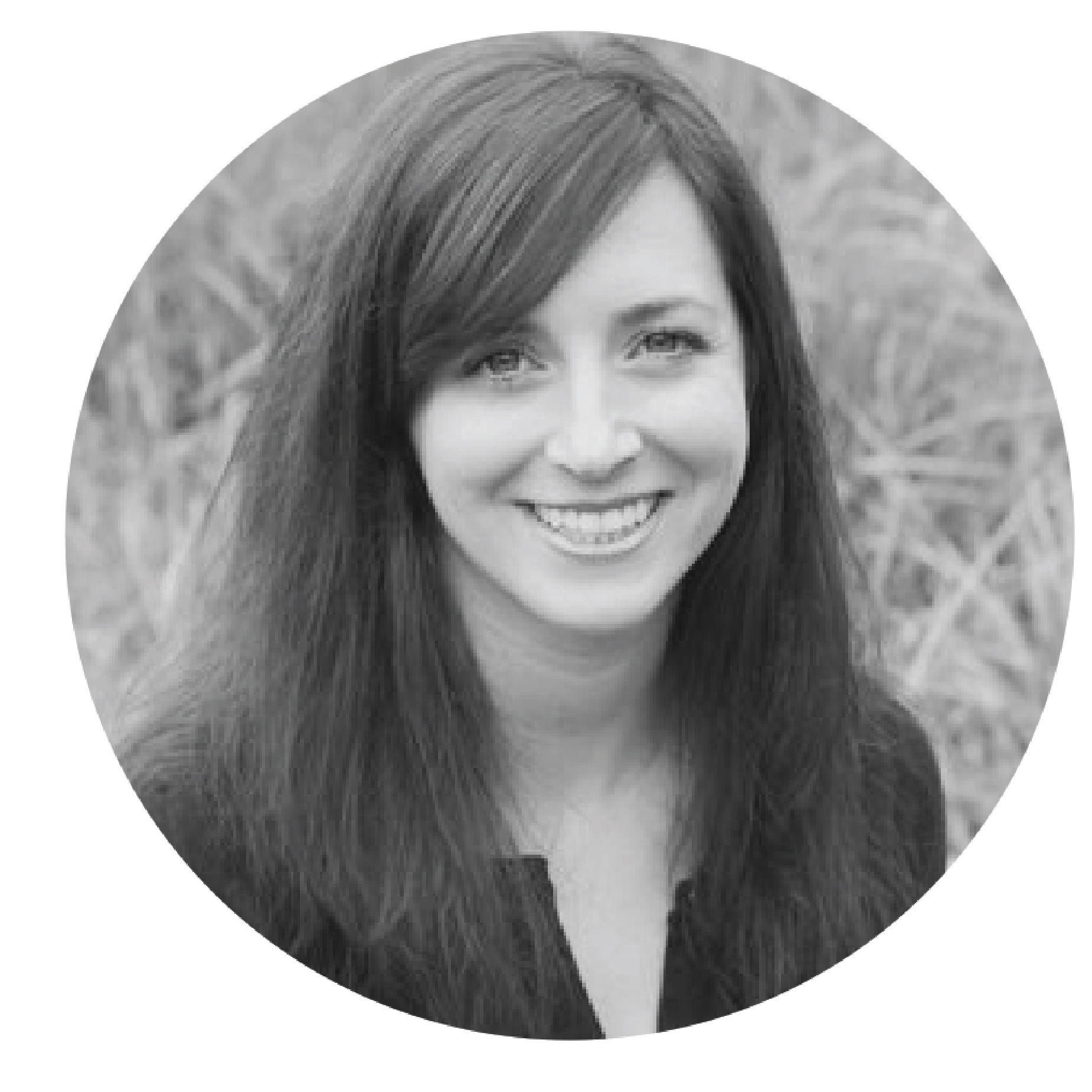
Shannon is a seafood sustainability and business expert with over 10 years of experience in tackling complex and meaningful challenges in global seafood supply chains. Shannon works with international stakeholders to create transparent, aligned, transformative supply chains to create new market opportunities and value chain improvements. Shannon’s strategic and systems lens is grounded in operational expertise. Previously, Shannon was the President and Director of Safety and Sustainability at a seafood distribution company, where she was responsible for the performance and strategic plan of the company as well as all safety and sustainability programs and initiatives. Prior to that experience, Shannon worked for various environmental non-profits, including the National Ocean Economics Program and the Monterey Bay Aquarium’s Seafood Watch Program where she supported major retailers and food service companies in their efforts to fulfill their sustainability commitments.
Shannon is also currently working with meal kit company, Blue Apron, to stand up a new responsible seafood program and lead their sustainability initiatives and also works with the UC Davis Wildlife Health Center on derelict fishing gear research and recovery.
Shannon holds an MA in International Environmental Policy and an MBA in International Management from the Monterey Institute of International Studies.
Q: How did you find your way into marine issues? Why seafood?
I have always been a little “fishy,” coming from 3 generations of commercial fishermen, fishmongers, and seafood restauranteurs. I started camping and fishing with my family early which I believe is responsible for developing my conservation ethic and I also grew up working in my Uncle’s seafood business where I developed a knowledge and love for it. My passion and interest lies in the nexus of environmental, animal, and human health and no place is that more present then in our food systems.
Early on in my career I recognized that the focus and effort was on producers and end markets, with the middle of the supply chain largely untouched. I was fascinated by the complexity and challenges of seafood supply chains and I love working with a variety of stakeholders and therefore decided to dedicate my career in seafood to supply chain work.
Q: Interest in seafood sustainability and traceability has grown in recent years. Why do you think that is?
I think people’s interest in sustainability and traceability in their food systems, including seafood, has grown, especially in regards to provenance and story. I genuinely believe most people care about protecting the fisheries we depend on as well as connecting with the people who work so hard to provide amazing seafood for us. I think this is in large part due to the large amount of educational efforts by groups such Seafood Watch and others to bring the complex issues of seafood sustainability to the mainstream. I am also happy to see that issues such as labor and climate change which have been often left out of the seafood conversation are now front in center in the media.
I think there is also a misconception that sustainability and traceability are completely altruistic notions. I’ve spent most of my career proving there is a business case for both, especially in regards to improving business efficiencies and risk mitigation. Companies who embrace sustainability and traceability have the opportunity to leverage data to improve operations, sourcing, quality, product story and branding, and market access.
Q: Where do you think (or hope) the seafood industry will be in 5 years? 10 years?
Well, being an optimist I believe that in 5 to 10 years through collaboration with NGOs, government, and industry that aligned, fair supply chains that actually support the responsible management of our fisheries and not exploit them or the people who depend on them will be the norm and not the exception.
I also believe we will be embracing technologies that support transparency and illuminate what are now opaque and complex supply chains and will inform, incentivize and reward better management.
Q: What were you doing before you joined Future of Fish?
Before joining Future of Fish I was working as a sustainable seafood supply chain consultant for Blue Apron, where I helped build out new a direct, traceable sourcing model as well as develop key partnerships all over the world. I’m particularly excited about the work done with the Asian Seafood Improvement Collaborative to foster improvements in shrimp aquaculture through the development of a unique platform to engage producers and buyers and to create a fair and innovative standard driven by stakeholders on the ground.
Q: What most attracted you to working with Future of Fish?
I love that Future of Fish has such a diverse set of people and expertise on their team from an anthropologist to marine biologist. I’m excited to learn from their vast and varied expertise and experience. I appreciate their systems approach as can be seen in the Fisheries Development Model (FDM) which is both the lens for analyzing a fisheries system and the framework Future of Fish uses to progress a fishery through a phased development process and is currently being applied to several fisheries around the world.
Q: What are you most looking forward to doing in the next year?
I’m looking forward to learning from my team members and diving into new fisheries I haven’t worked with before. I’m most excited about the work we are doing to create business cases for investing in fisheries systems and I hope my experience in seafood supply chains can help me to contribute to the organization’s supply chain and marketing strategy.
Published Jun 18, 2018




